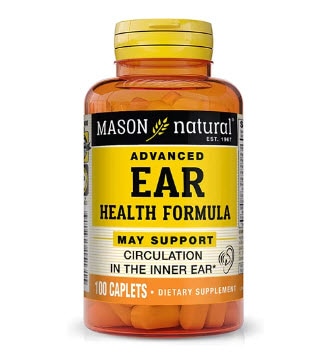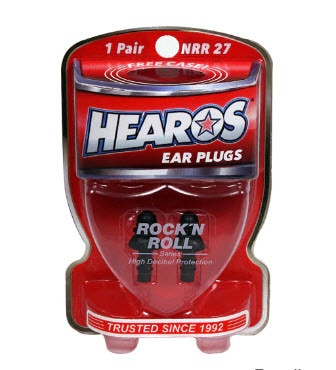In Japan and China, slurping your noodles loudly is considered a compliment to the chef– a sign of deep appreciation for your meal. In other cultures, smacking one’s lip is considered a tribute to the food. But for a small subset of the population, these innocuous sounds can inspire vehement rage, hostility and even distress. This is misophonia—an intolerance of certain human-made sounds that can drive people berserk, including chewing, slurping, gum-smacking, mouth breathing and sniffling.
What is misophonia?
Researchers first articulated misophonia as a condition in 2001. The word translates to “hatred of sound” in Greek, but what’s happening to those with misophonia isn’t exactly hatred. Some research suggests it’s more of an overpowering fight-or-flight response, a reaction that might be caused by the brain’s overactivity processing certain sounds. Newer research suggests, however, that some forms of misophonia are caused by “mirroring” behavior in the brain: those affected feel distress while their brains act as if they are mimicking the triggering mouth movements.
The National Institutes of Health calls misophonia a chronic condition. The cause is unknown, and more research is needed to fully grasp its etiology. According to the Cleveland Clinic, experts suspect it may be a combination of a few factors such as brain structure differences, family history and genetics. A recent study published in PLOS One has shown that in the UK, nearly one in five people are affected by misophonia.
People with misophonia have an extreme aversion to many kinds of sounds and sights, not just nose, mouth and throat noises such as chewing, crunching, sniffling, snoring, sneezing and throat clearing. Finger- and pen-tapping as well as foot-shaking are potential red flags, too.
It’s possible that the brains of people with misophonia are like “hypersensitive alarm systems,” interpreting specific innocuous sounds as threats, with the autonomic nervous system sending out cues for the “fight or flight” response. And the new research suggests that in addition, “a process of “mirroring” the action represented by trigger sounds might be a fundamental part of the mechanism underlying misophonia.” That is, in misophonia sufferers, feel like they are not just listening to the aggravating sound, but mirroring them, albeit unconsciously.
Of course, many people get irritated by certain sounds, such as chewing. What sets misophonia apart from normal irritation is the intensity of the reaction and how much it interferes with your daily life. If chewing sounds make you violently angry, that could be misophonia. The condition can also cause feelings of helplessness and being trapped, especially if you are unable to remove yourself from the vicinity of the unpleasant sound.
How to deal with misophonia
Although misophonia can make you feel powerless, there are many ways you can manage it, lessening its impact. Here are some things you can do.
Stop the blame game
As tempting as it is to blame the other person for breathing or chewing too loudly, what’s happening isn’t their fault. Asking the offender to be quieter is also unlikely to help, as misophonic reactions tend to occur regardless of how loud the stimulus is. If you are the trigger, remember that no one chooses to have misophonia, so accusing the person with misophonia of overreacting is not constructive either.
Share your experience
Explain to loved ones that your reactions are the result of being wired differently, not volatility. Ask for their support if you need to walk away, eat separately, or listen to white noise while you share meals.
Find your tribe
Having misophonia can be isolating, so finding a community of like-minded people can be very surprisingly validating. There are podcasts, Facebook groups, social media resources, blogs and research-based organizations such as Misophonia International.
Avoid your triggers
When you can, removing yourself from the situation is an excellent response. Noise cancelling headphones may become your best friend. Or if you have a dinner party, don’t force everyone to sit around the dinner table together. Instead, have a buffet-stylemeal, where everybody eats where they want.
Educate yourself and others
In addition, if you have misophonia and live with others, offering them suggestions for education and support will hopefully help everyone coexist with less strain.
White noise to the rescue
Playing white noise during dinner is a commendable fix. You might even want to have a little bit of white noise in every room. It could be the dishwasher running, the low hum of a diffuser or air conditioner, or more intentional, like white noise machines or fans, especially when the temps warrant a welcome breeze.
Exercise
Don’t knock it till you try it: Moving the body is often an effective way to shift the emotions an calm a stressed out nervous system.
There’s always therapy
Cognitive behavioral therapy might prove a useful strategy to underscore coping skills that are effective and where additional support is needed. Some people might need to learn how to deflect attention from the trigger, while others might need better communication chops.




